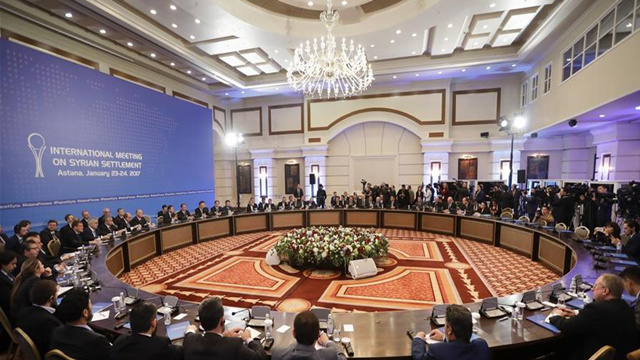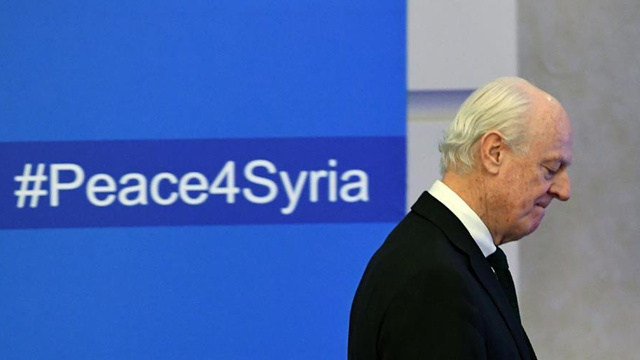Be alert! These two kinds of food at home are actually "big salt hoarders", and you may eat them every day.
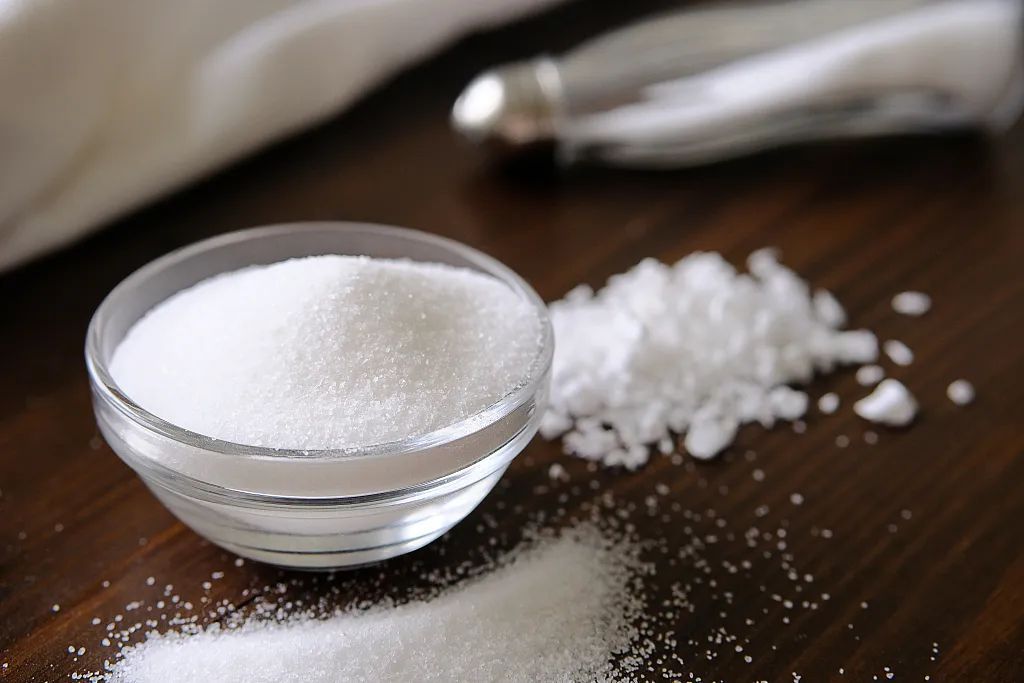
Salt is the "top of all tastes". Without salt, the flavor of dishes will be greatly reduced. However, it is distressing that high sodium intake is an important risk factor for hypertension, cardiovascular diseases, gastric cancer and other diseases, affecting health and life expectancy.
The 2022 version of the dietary pagoda was changed from the original recommendation of < 6 grams to < 5 grams, which is consistent with the recommendation of WHO. At present, the average salt consumption of Chinese people is about 10g, which needs to be controlled.
Beware of the ubiquitous "salt" in life
In daily life, a 76-gram salted duck egg contains 5 grams of salt, a bag of 250 grams of dry sauce contains 39.56 grams of salt, and some ingredients that don’t taste very salty may also be high-salt foods.
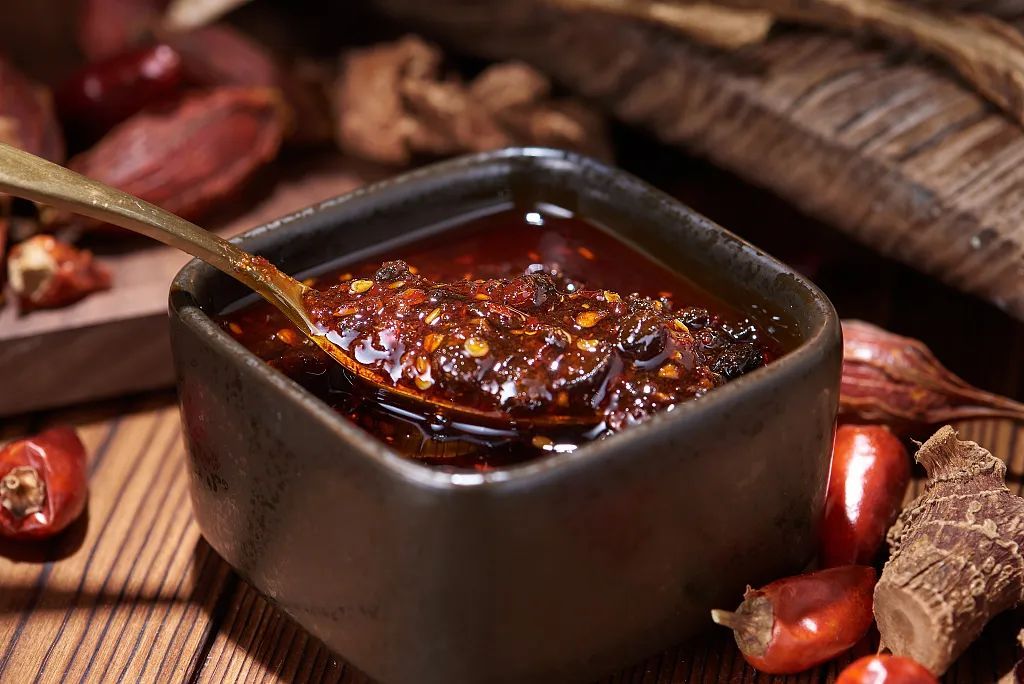
In addition, we should also pay attention to the "invisible salt" in life, such as soy sauce, yellow sauce, hot sauce, bean paste and pickles, which all contain relatively high salt, and processed meat such as ham, quick-frozen pasta, kelp and other foods also contain certain salt, so it is best not to add salt when cooking.
There are also two kinds of "big salt collectors" that many people ignore: a 100-gram fried dough stick contains 1.6 grams of salt; The dried noodles look very light, and the salt content in every 500 grams can be close to 12 grams! Because in the processing of dried noodles, a lot of salt will be added in order to increase the strength, ensure the taste and facilitate storage.
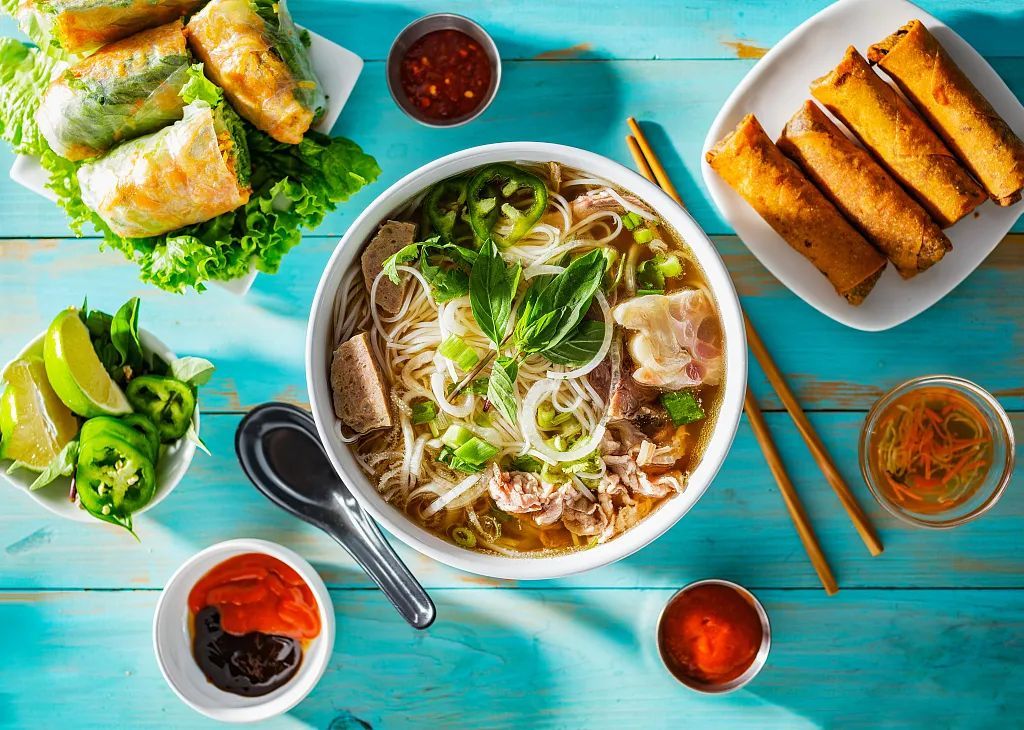
Tips
① Check the ingredient list on the outer packaging of dried noodles before purchasing dried noodles, and give priority to the one with lower sodium content. If you have enough time, it is healthier to roll noodles at home with lower salt.
2 The tomato sauce bought in the market also contains a certain amount of salt, so frying the sauce with fresh tomatoes is healthier with lower salt.
③ Using spices such as onions skillfully in the cooking process can help to enlarge the fragrance and umami taste, and reduce the salt, so that you can eat delicious food and be healthy!
Six small tricks to control salt
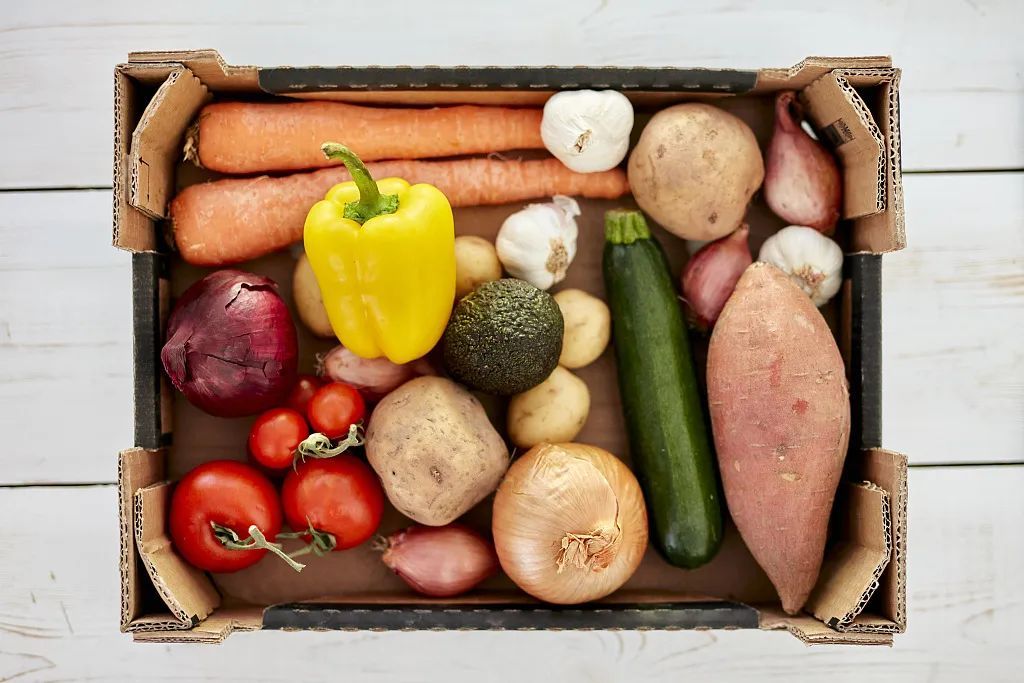
When cooking, vinegar, lemon juice and other sour sauces are used instead of some salt and soy sauce, which can improve the taste of food and taste delicious.
Cooking methods such as steaming, roasting and boiling are often used. For soup with salt, avoid drinking vegetable soup.
Eat more delicious dishes, such as onions, tomatoes, green peppers, carrots and other foods, and use the taste of the food itself to enhance the taste of the dishes.
When cooking cold salad, put salt at last, sprinkle a little less salt and add some vinegar, and it tastes good.
When using condiments such as soy sauce, use the method of dipping and dipping instead of pouring soy sauce into the dish at one time.
You don’t need to put salt in all the dishes, and the last soup can be made without salt. Because the taste of salt in people’s mouth can be accumulated, people have left salt in their mouth when they eat other dishes, so when they drink soup at last, it tastes good even without salt.
Signed more than 1000 people! This street coordinates the "people’s livelihood security" and "accurate service" for the disabled.
Drinking coffee and "Ga San Hu" on the road is the most delicious! Come to "Shanghai Coffee Highland" to catch autumn.
Is the open alley door actually designed by "noisiness"? There is temperature control in Wu Kang area.
"write a song to the party with one heart"! People from all walks of life in Xuhui District are painting and calligraphy.
Comprehensive from: CCTV goes home for dinner
Editor: Qiu Caihong
Please indicate the official account number from Shanghai Xuhui.
